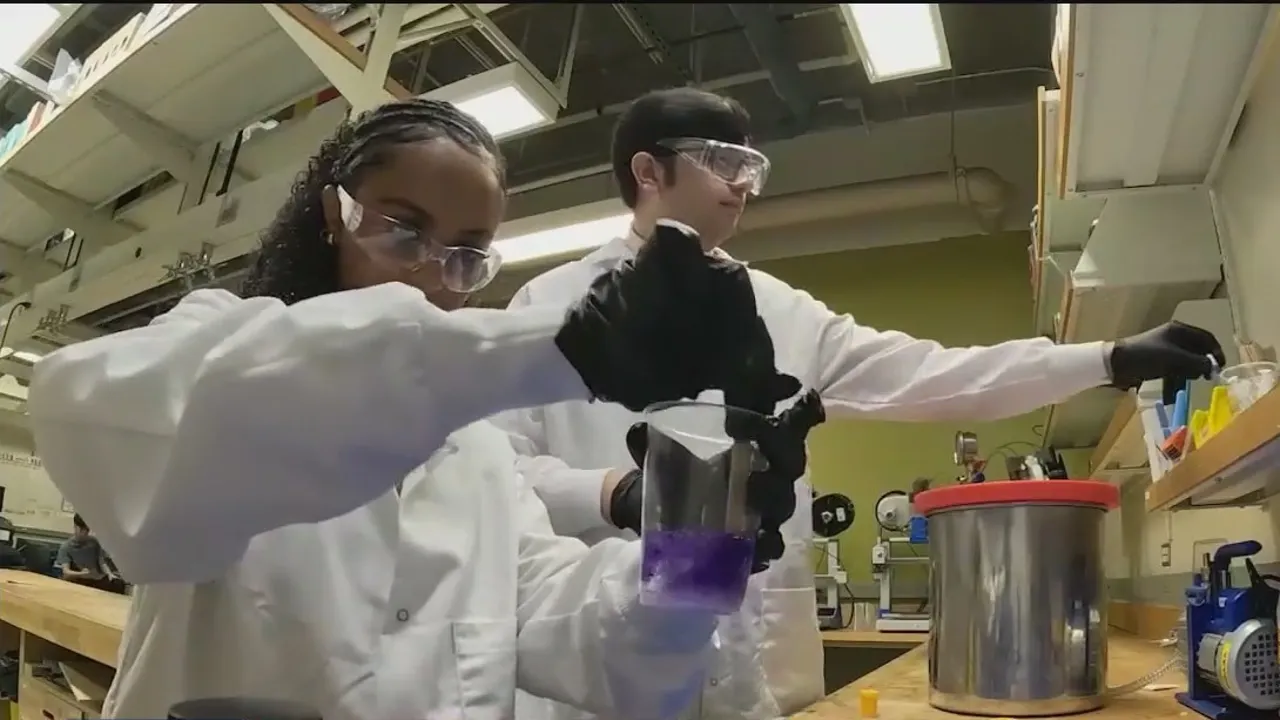ATLANTA
— A Georgia Tech student is drawing national attention for creating a
home cervical cancer screening device
that could change how women approach early detection — making it more accessible, comfortable, and less intimidating.
Rakeb Tesfatsellassie, a junior at Georgia Tech and a native of DeKalb County, Georgia, began developing the device while studying at Georgia State’s Perimeter College. Her innovation, born from personal experience and a desire to modernize outdated tools, is designed to be
used at home
and resembles a
tampon-style applicator
.
Comfortable, Simple, and Accessible
Tesfatsellassie’s invention aims to solve one of the most common problems many women face: discomfort and anxiety around traditional Pap smear tests.
“It’s really an uncomfortable situation to be in,” Tesfatsellassie told
FOX 5 Atlanta
. “Hopefully by the time we start doing Pap smears, we would want to see new innovation.”
The prototype is made from
softer silicone
and is intuitive to use —
insertable and removable by the user
, similar in design to a tampon. This approach may encourage more women to seek early detection in the comfort of their own homes.
Driven by Loss and Innovation
Her motivation stems from a deeply personal place. Tesfatsellassie shared that the loss of a close family member to cancer ignited her passion for
early detection and cancer prevention
.
The innovation has already garnered national attention. It won the
Community College Innovation Challenge
while she was at Perimeter College, and it’s now part of Georgia Tech’s
Create-X program
, which supports student-led startups and product development.
“I know how important it is to have early detection,” she said, reflecting on her journey and the significance of her work.
Patent Pending and Future Ready
The device currently holds a
provisional patent
, and Tesfatsellassie and her partners have already formed a
limited liability company (LLC)
to explore next steps. Their long-term goal is to bring the product to market and ensure it becomes part of
routine preventive care
for women.
Despite her achievements, Tesfatsellassie remains focused on the future.
“It’s not where you start,” she said. “It’s where you want to go.”
A Health Innovation with National Impact
According to the
American Cancer Society
, over
4,000 women in the U.S.
are expected to die from cervical cancer this year. Devices like the one Tesfatsellassie is creating could help bridge gaps in healthcare access and promote
wider testing compliance
, especially for women who face barriers to traditional screenings.
Have thoughts on women’s health access or early detection efforts in the South?
Share your views or experiences by visiting
SaludaStandard-Sentinel.com









